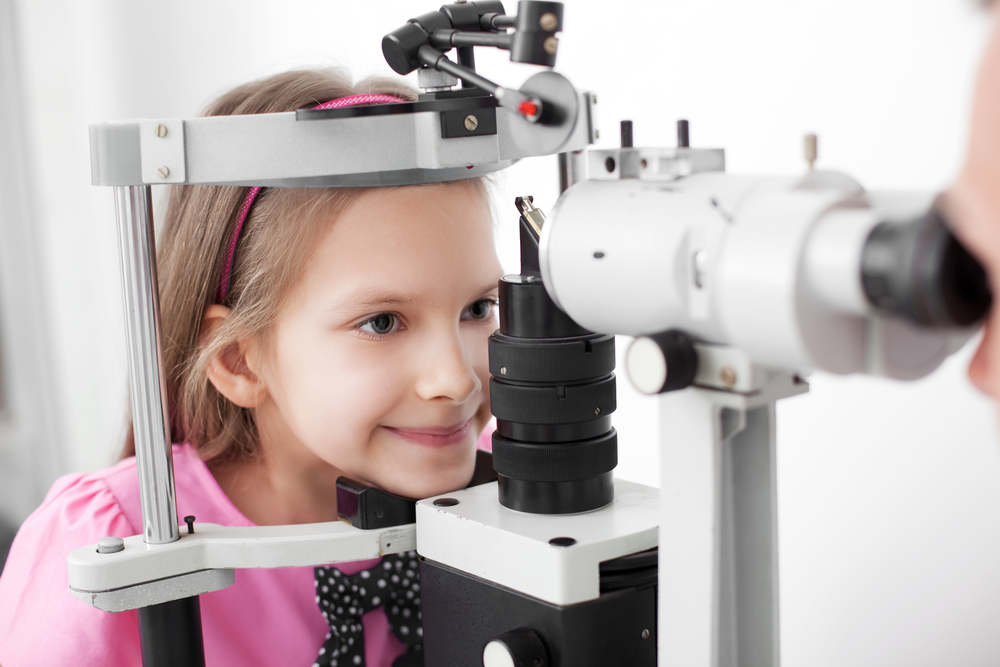
Routine eye exams play a crucial role in ensuring children's eye health as they grow. Since children rely on their eyes to learn about 80% of everything, their social and academic lives are closely tied to their ability to see well. Eye doctors recommend having a child's first eye exam around the age of one.
The Importance of Regular Eye Exams for Your Child
Rapid Eye Development
Regular eye exams are essential because a child's eyes rapidly develop during their early years. Contrary to popular belief, babies are not born with fully matured eyes. Instead, their visual system continues to grow and evolve from birth until age 18, when vision stabilizes.
Early Detection of Vision Issues
Various vision issues may arise during this critical growth and development period. Regular eye exams play a vital role in identifying these issues early. Early detection enables eye doctors to implement timely interventions and more effective management strategies.
Conditions such as amblyopia (lazy eye) and strabismus (crossed or misaligned eyes) can be fully corrected when identified early. Additionally, conditions like myopia (nearsightedness) can be slowed down, reducing the risk of more severe complications in the future.
How to Prepare Your Child for a Successful Eye Exam
Inform Them About the Exam
As a parent, you have an advantage that can help your child understand what to expect during a comprehensive eye exam. While there are differences between adult and child exams, the overall theory and practice remain similar. Educating your child about the exam process can help alleviate any anxiety or confusion they may feel.
For children between the ages of two and five, a comprehensive pediatric eye exam typically includes various assessments, such as:
Evaluation for lazy eye
Visual acuity testing
Eye tracking assessment
3D vision or stereopsis evaluation
Color vision assessment
Convergence evaluation
Examination of Ocular Health
These assessments are crucial in ensuring your child's optimal performance in school and overall development and acquisition of essential skills.
Role-play at Home
Children enjoy role-playing, learning better about the world through such activities. You can simulate an eye exam at home to familiarize your child with what might happen during the actual exam. Use simple games like "statue," where they have to sit still and incorporate exam elements by asking them to identify pictures or read letters. This playful approach will help prepare them psychologically for the actual exam.
Choose the Right Timing
Selecting a suitable time for the exam is essential to ensure your child is in a good mood and receptive. Morning sessions are often ideal, as children tend to be fresh and alert. Consult your eye doctor to schedule an appointment during a reasonable morning hour.
Bring a Comfort Toy
Bringing a favorite toy can help your child feel more at ease and comfortable during the exam. Having something familiar to hold onto during the process will aid in relaxation and create a sense of security.
Find a Friendly Eye Doctor
Choosing a reputable eye doctor experienced in working with children is crucial. A friendly and skilled eye doctor knows how to engage and gain cooperation from young patients, creating a relaxed and positive atmosphere.
For more on tips for preparing your child for a successful eye exam, visit GrandView Eyecare at our office in Fairbury or Hebron, Nebraska. Call (402) 729-6162 or Call (402) 768-6651 to book an appointment today.







